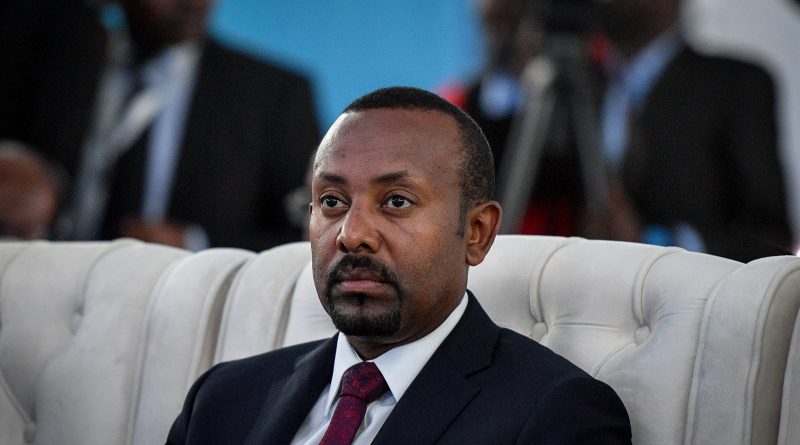Tigrayan Rebels Open to Peace Talks With Ethiopian Government
Kaila Engle
Staff Writer
On September 11, Ethiopia’s Tigray rebels announced that they are willing to participate in peace talks headed by the African Union (AU), reports Al Jazeera. This announcement comes after fighting resumed between the Ethiopian Federal Government and the Tigray People’s Liberation Front (TPLF) in August. BBC News reports that on the morning of August 24, shots were fired on the southern borders of Tigray, which caused fighting to start up again and ended the humanitarian truce that had been in place for months. The origin of the shots is unknown, though each side blames the other for firing the shots. As fighting has once again commenced, the TPLF forces have been settling and fighting near the Sudan border in the west, and a security expert informs CBS News “that there’s growing concern fighting on this new front could potentially draw Sudan into what is already a complicated regional conflict.”
The authorities in northern Tigray have said that “We are ready to abide by an immediate and mutually agreed cessation of hostilities in order to create a conducive atmosphere,” reports Al Jazeera. The TPLF’s decision is a significant step toward peace, especially because they had previously opposed talks with the AU because it is spearheaded by Olusegun Obasanjo. Obasanjo is the former president of Nigeria and the TPLF suspected his bias and interests are in favor of and aligned with Ethiopian Prime Minister Abiy Ahmed. Peace talks were supposed to happen months earlier in July, but they fell through. BBC News confirms that no international envoys said exactly why the talks broke down, but prior to the breakdown, the TPLF publicly announced their outrage at Obasanjo offering to invite Eritrea to the discussion. Eritrea is an ally of the Ethiopian government and has been accused of aiding Ethiopia in this conflict. They also fought multiple wars with the TPLF when they were the ruling party of Ethiopia for 20 years, according to the Center for Strategic International Studies.
Tigray is a state located in northern Ethiopia and shares a border with Eritrea in the north and Sudan in the west. The TPLF had been the dominant faction in Ethiopian politics and ruled the country for nearly 20 years. According to the Global Conflict Tracker, the TPLF’s regime included the oppressive marginalization of other ethnic groups and the emergence of a more centralized government. The military conflict started in 2020, when the Tigray state council held regional elections and refused to abide by the rules of the federal government. Prime Minister Abiy, who came to power in 2018 in an election that ousted the TPLF-led coalition, opposed and condemned the Tigray regional elections, accused the TPLF of attacking federal military resources, and established a six-month state of emergency where troops were deployed to Mekelle, the capital of Tigray.
Since then, civil war has wreaked havoc on the nation to the point where the U.S. Secretary of State Antony Blinken condemned the Ethiopian troops’ actions as ethnic cleansing of the Tigrayans. Human Rights Watch investigators found that even after Blinken’s condemnation human rights violations were still occurring. HRW also reports that “since January 2022, Amhara security forces have held hundreds, possibly thousands, of Tigrayans in overcrowded facilities, where detainees have been killed, tortured, and denied adequate food and medical care.”
Not only are Tigrayans being forced into battle, either by military conscription by the TLPF or civilian endurance, but there is also a major hunger crisis plaguing the region. The Guardian reports that 80 percent of the Tigrayan population is now food insecure. Tedros Adhanom Ghebreyesus, the head of the World Health Organization (WHO) also confirms the crisis the Tigrayan people face when he said “there was nowhere on earth” where the health of millions of people is more at risk, according to The Guardian.
The truce that was brokered before the outbreak of fighting in August was made to combat this widespread famine. It allowed the World Food Programme (WFP) to continue limited operations in Tigray. The WFP claimed it was aiding “tens of thousands of people,” which falls below the approximate 4.8 million people in need. According to The University of Ghent, nearly 400 to 1,200 people could be dying per day due to starvation. As the fighting prolongs the dire humanitarian crisis, a third-party mediator like the AU may be the only hope for peace.


